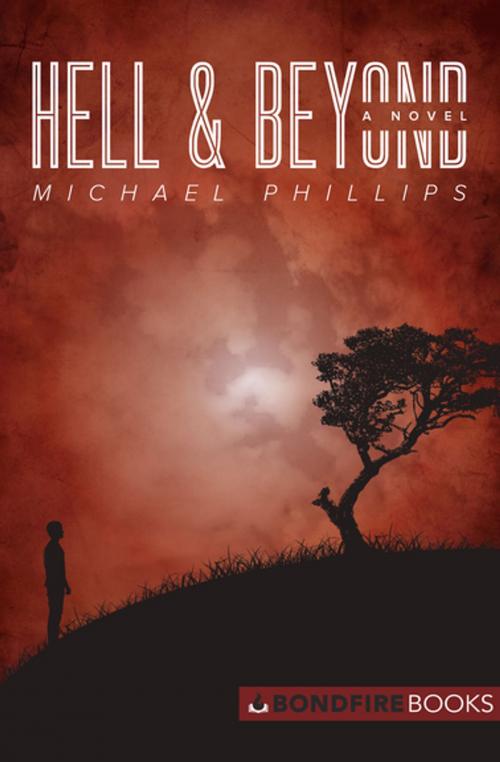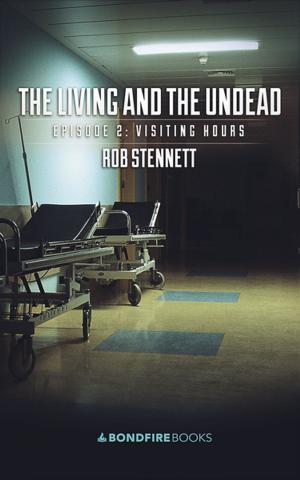| Author: | Michael Phillips | ISBN: | 9781625391759 |
| Publisher: | RosettaBooks | Publication: | March 7, 2017 |
| Imprint: | RosettaBooks | Language: | English |
| Author: | Michael Phillips |
| ISBN: | 9781625391759 |
| Publisher: | RosettaBooks |
| Publication: | March 7, 2017 |
| Imprint: | RosettaBooks |
| Language: | English |
“Michael Phillips has done the impossible—written a thriller on hell:” The final book in the spiritual fantasy trilogy, following Heaven and Beyond (C. Baxter Kruger, author of The Shack Revisited).
A prominent atheist dies unexpectedly and goes to hell. Or so it appears, but nothing is what it seems in this engrossing allegorical novel about the afterlife. In the tradition of C.S. Lewis’s The Great Divorce and John Bunyan’s Pilgrim’s Progress, Michael Phillips has produced a riveting tale of eternity. Hell and Beyond is a lively and fascinating trip through the afterlife—one that will inspire you to rediscover the significance of your life here and now.
“Phillips has offered a breathtaking and important addition to the world of traditional theological allegory, joining Bunyan’s Pilgrim’s Progress and C.S. Lewis’ Pilgrim’s Regress . . . It is beautiful beyond describing and stunning in its impact.” —William Paul Young, author of The Shack, from the foreword
“Michael Phillips has done the impossible—written a thriller on hell:” The final book in the spiritual fantasy trilogy, following Heaven and Beyond (C. Baxter Kruger, author of The Shack Revisited).
A prominent atheist dies unexpectedly and goes to hell. Or so it appears, but nothing is what it seems in this engrossing allegorical novel about the afterlife. In the tradition of C.S. Lewis’s The Great Divorce and John Bunyan’s Pilgrim’s Progress, Michael Phillips has produced a riveting tale of eternity. Hell and Beyond is a lively and fascinating trip through the afterlife—one that will inspire you to rediscover the significance of your life here and now.
“Phillips has offered a breathtaking and important addition to the world of traditional theological allegory, joining Bunyan’s Pilgrim’s Progress and C.S. Lewis’ Pilgrim’s Regress . . . It is beautiful beyond describing and stunning in its impact.” —William Paul Young, author of The Shack, from the foreword















